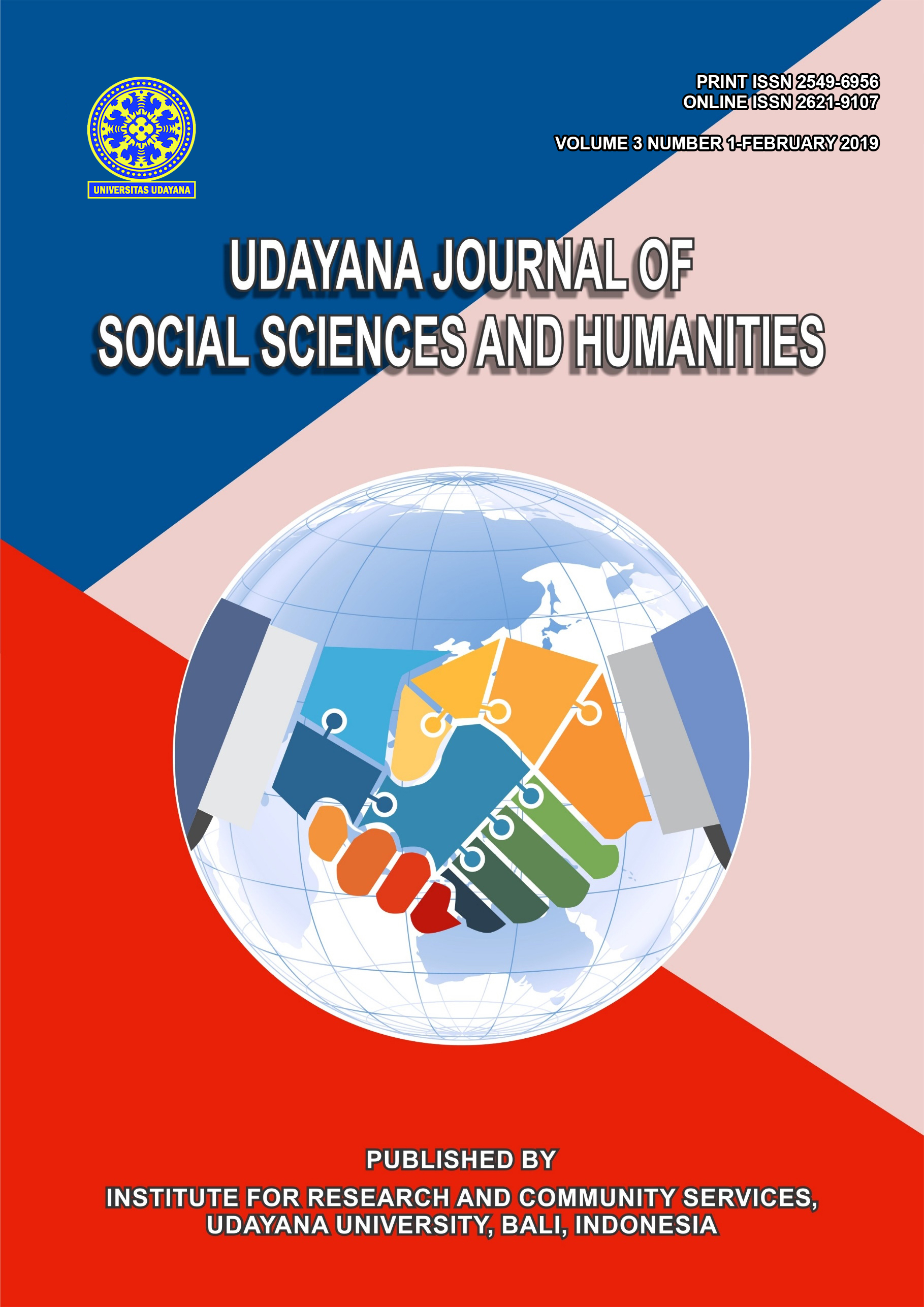Study of Local Wisdom on the Role of Culture in Maternal and Child Health in Ruteng Subdistrict, Manggarai District, NTT Province
Abstract
Health problems are closely related to culture or tradition in society. Cultural values in the community of Manggarai is a cultural potential that can be used as a means of agreeing to various public health issues including finding solutions to problems in the field of maternal and child health. Until now, traditional cultural values (local wisdom) still play important role in the process of maternal and child health care in the practice of pregnancy and childbirth care, and some are still handled by a traditional midwife (ata pecing). This study aims at determining the role of culture in maternal and child health practices, how health care search behavior and cultural potential of maternal and child health care practices in Ruteng sub-district are. The study was conducted by using an ethnographic approach method as one of the variants of the qualitative approach. The research activities included field assessments to understand the condition of the research location, field data collection by using interview, observation, literature and document verification techniques. The data collected from various sources were then processed, analyzed, and then presented in the form of interpretative descriptive argumentation. Manggarai community still believes in local customs and some particular behaviors for pregnant and postpartum women. A cultural conception of abstinence is intended to safeguard the safety of the mother and baby. However, the reasons revealed related to the restrictions are only symbolic. Health care providers and health workers need to understand the symbolic meaning contained in the respective abstinence.






